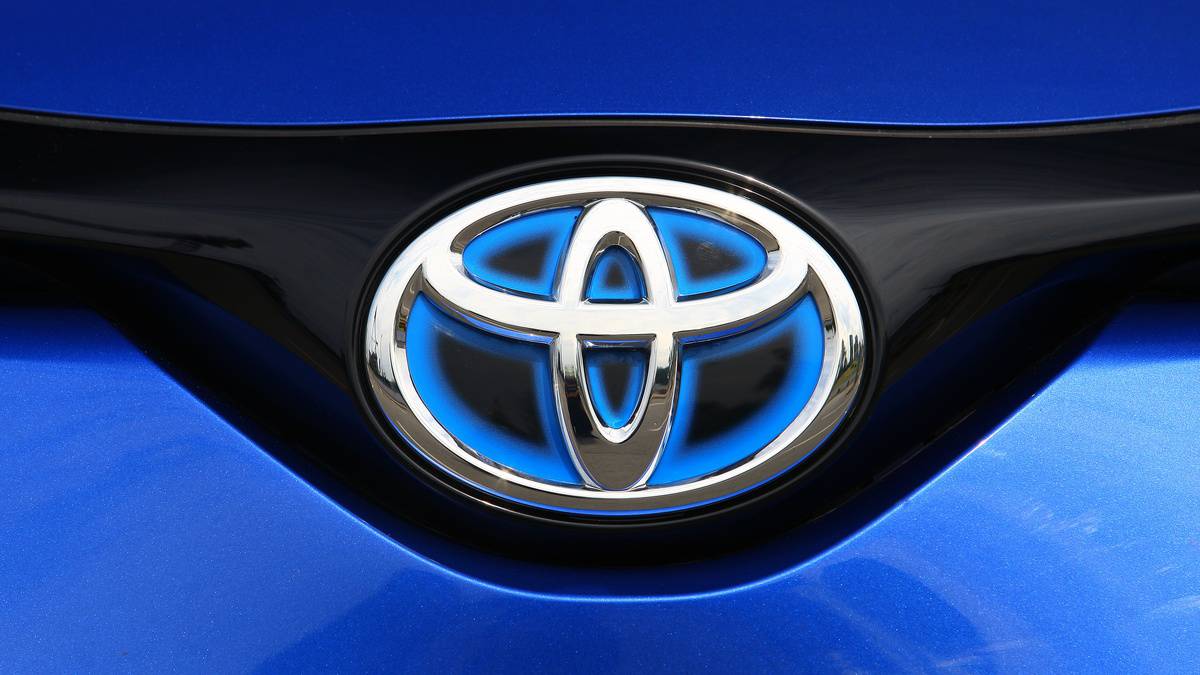Japanese legacy automaker Toyota has just reiterated plans to roll out solid-state battery-equipped electric vehicles as it seeks to compete in the rapidly growing industry.
Toyota reached a “technological breakthrough” in its solid-state battery in mid-2023, enabling it to ramp up its development efforts.
Recent confirmation
Country Head of Toyota Kirloskar Motor Vikram Gulati announced the Japanese automaker’s goal to deliver its promised EVs with solid-state batteries “in a couple of years from now” at the Vibrant Gujarat Global Summit, Reuters reports.
The Toyota executive further revealed that the upcoming EV can charge in just 10 minutes and enable a driving range of 1,200 km (750 miles).
“We will be rolling out our electric vehicles with solid-state batteries in a couple of years from now. [It] will be a vehicle which will be charging in 10 minutes, giving a range of 1,200 km (750 miles), and life expectancy will be very good.”
Vikram Gulati, the India head of Toyota Kirloskar Motor
Toyota’s solid-state battery
Toyota believes that its new solid-state battery technology can support 10-minute fast charging and deliver a higher range. It will come in two versions, including the 620-mile and the 750-mile WLTP range.
Toyota said that its new solid-state batteries may advance as a “potential game-changer” for all-electric vehicles. However, they will not arrive until 2027 at the earliest.
Development progress
In June, Toyota announced its solid-state battery breakthrough. In that sense, the automaker announced plans to launch its next-gen EVs with over 620 miles (1,000 km) range by 2026.
Then, it partnered with oil giant Idemitsu Kosan in October to mass-produce its solid-state batteries. They aim to start rolling out the innovative batteries in 2027, followed by large-scale production after 2030. Recent remarks from the Toyota executive revealed that the automaker remains committed to its previously announced plans.
All these battery efforts are crucial for Toyota’s goal of selling about 3.5 million EVs and electrifying a third of its global sales by 2030. It also plans to introduce ten new EV models in the global market to challenge Tesla and BYD’s current dominance.
However, its planned mass production of solid-state batteries after 2030 may compromise its competence as other OEMs will have already launched the tech. For instance, Volkswagen, Hyundai, Nissan, BMW, and others are currently racing to introduce their respective solid-state batteries.

